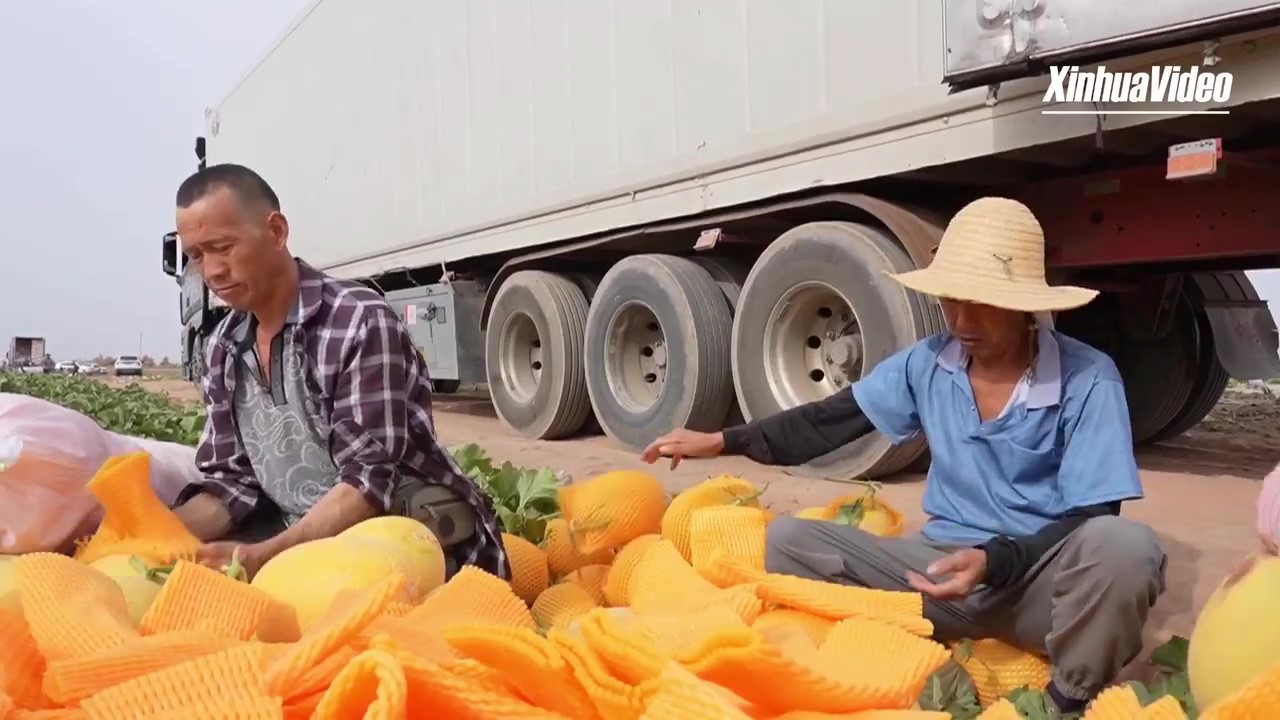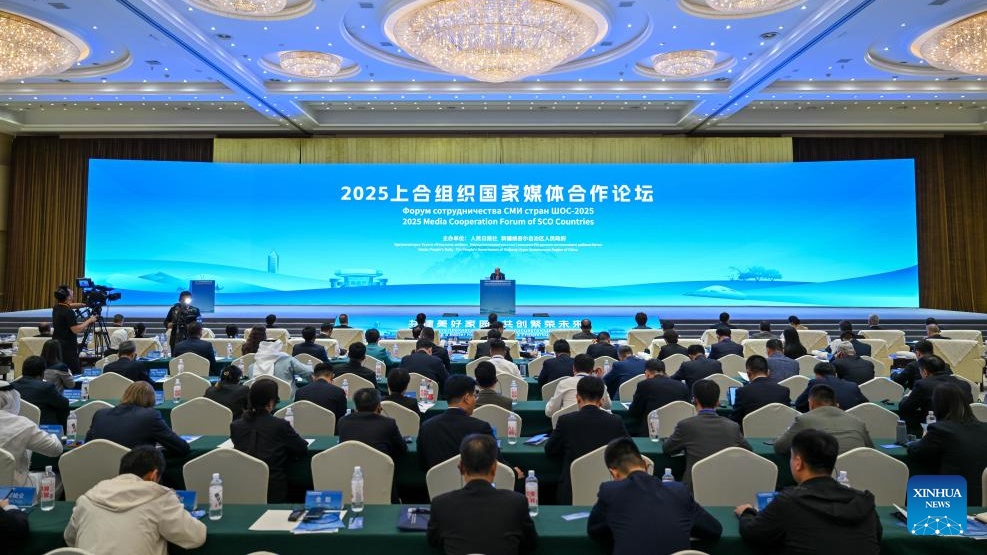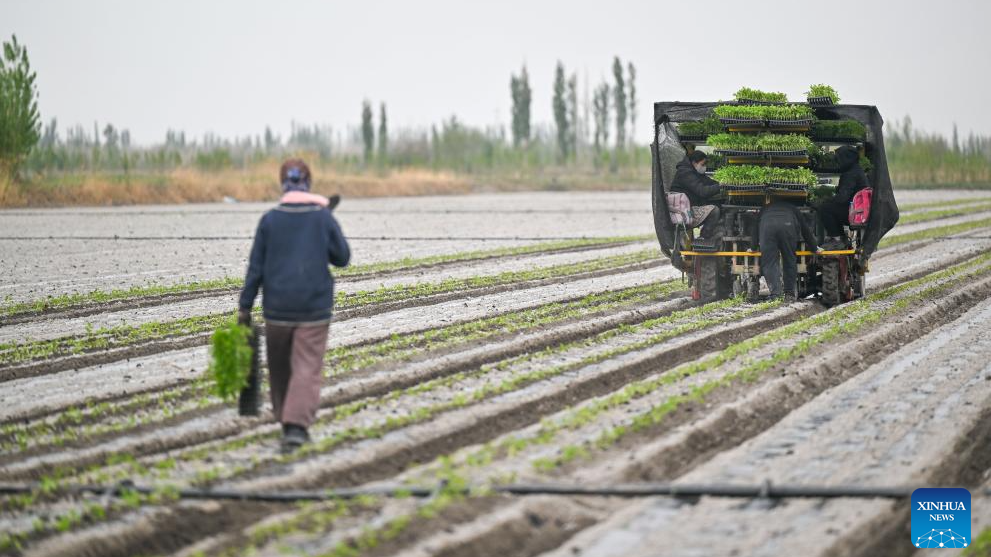Parman is a translator at the Alataw Pass land port in Xinjiang Uygur Autonomous Region. To him, the expanding business of the pass, a crucial hub connecting China with Central Asia and Europe, epitomizes the flourishing achievements of the Belt and Road Initiative (BRI).
Located in the Mongolian Autonomous Prefecture of Bortala in Xinjiang, the Alataw Pass borders Kazakhstan. Since 2011 when the first China-Europe freight train passed through it, the pass has handled more than 30,000 trains to Central Asia or Europe.
"There used to be about an hour between shipments, but now, as soon as one shipment is under review, the next one arrives," said Parman, a 31-year-old man of the Uygur ethnic group.
After graduating with a master's degree in Russian from Xinjiang Normal University in 2017, Parman secured the translation job at the land port.
His daily work involves translating international railway waybills from Russian to Chinese, including information on the sender, departure station, recipient and destination station, as well as the names of products. He then fills out Chinese waybills and enters them into the port's system prior to a verification process.
Parman takes his work very seriously. "This job may seem easy, but translation work leaves no room for error. Every detail must be scrutinized to guarantee accuracy, as a single mistake could result in the delayed delivery of goods."
With the types of goods aboard the freight trains constantly changing, Parman needs to update his Russian vocabulary regularly. He carries a notebook with him at all time when he is working, and he fills it with words and sentence structures in Russian.
Goods carried on the freight trains have expanded to over 200 categories, spanning everything from agricultural products and daily necessities to machinery and electronics.
Over the decade since China proposed the BRI, the number of China-Europe and China-Central Asia freight trains handled by the Alataw Pass has steadily risen, meaning the translators at the land port are increasingly busy. "It doesn't matter if the workload surges as long as we can help accelerate customs clearance for the trains," Parman said.
As China's economic and trade exchanges with BRI partner countries become increasingly close, more and more products from Central Asian countries are handled at the Alataw Pass. "Products such as grains, oils, red wine and chocolate are well-received by Chinese customers," he noted.
He has also noticed that an increasing number of local Xinjiang goods, including sweaters, furniture and cement, are shipped to the international market.
"Sitting at the heart of the Silk Road Economic Belt, Xinjiang boasts unique advantages. I believe the economic and trade cooperation between China and BRI partners will progress even further," Parman said.
"My job is like a messenger for the China-Europe freight trains, facilitating communication and fostering connections between China and BRI partner countries," he added.

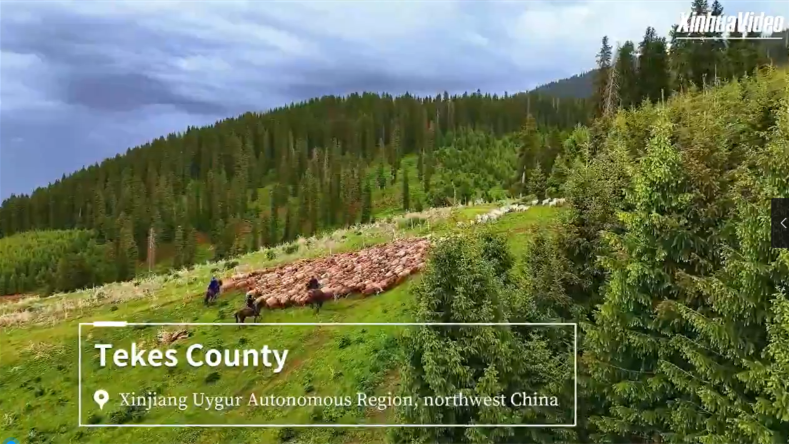
.png)
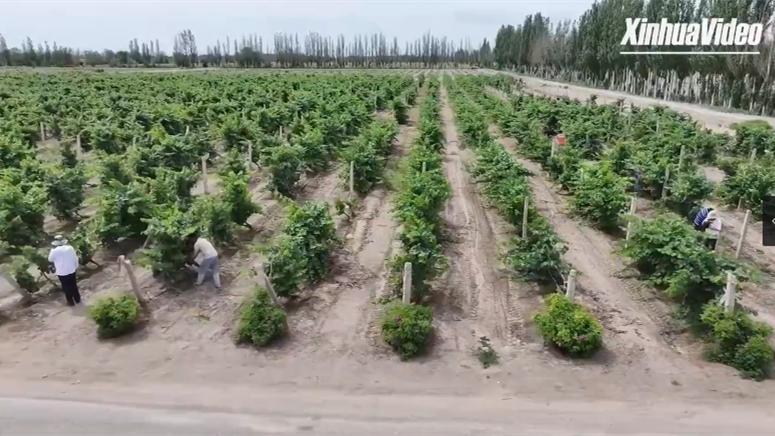
.png)

.png)




